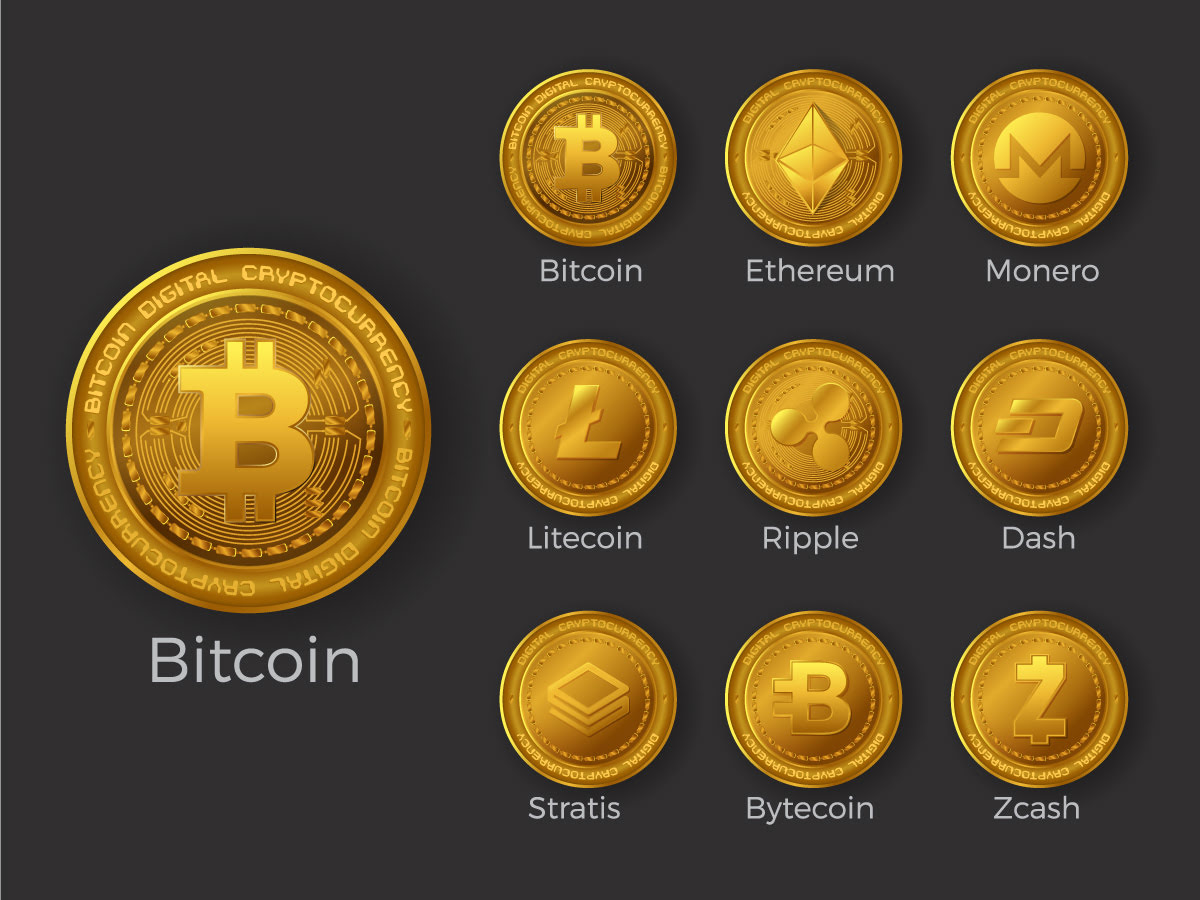POKIE REVIEWS
Hello all. I wanted to put together a guide revolving around the top sentiment of this subreddit – DYOR, and crypto in general. We’ll be looking at statistics, analysis, and future speculation which will potentially help anyone who is having trouble investing, or not quite sure where to look.< https://dreaminjector.com /p>
Moons have a limited supply of 250,000,000 – that of which 11 rounds have been distributed already. Just think that in the 1st distribution, people were making upwards of 7 Moons per karma. Now, we’re making a fraction of that. How many will we be receiving by the 40th round? I couldn’t guess, but maybe I’ll be in 69th place by that point – heh.
Paper wallet- a paper wallet is essentially a piece of paper including your public and private key, or a QR code (so that you can quickly scan them and add the keys to a software wallet to make a transaction). It’s a really safe way to store your cryptos because your keys are not connected to any servers. The only way someone can steal your cryptos is if they steal this paper.
Shopping portals require a purchase to earn crypto back as a rebate. There are two types, portals that you click through or activate a browser extension (these often do not work with Brave) and credit/debit card linked programs where you automatically earn the rebate. The card linked programs sell your data, but usually can be stacked with a click through portal.
Looking back I see how much money I lost out on from not holding onto my coins, and instead switching between coins. I was heavy in UNi when it was about $3. I sold around $4 but now it’s at $20. Same with Atom, ALGO, and XTZ. Sure I still made a good return, but I could have made an almost 1000% return if I would have just held it in any one of those (minus XTZ).
Cryptocurrencies
A 2020 EU report found that users had lost crypto-assets worth hundreds of millions of US dollars in security breaches at exchanges and storage providers. Between 2011 and 2019, reported breaches ranged from four to twelve a year. In 2019, more than a billion dollars worth of cryptoassets was reported stolen. Stolen assets “typically find their way to illegal markets and are used to fund further criminal activity”.
On 10 June 2021, the Basel Committee on Banking Supervision proposed that banks that held cryptocurrency assets must set aside capital to cover all potential losses. For instance, if a bank were to hold bitcoin worth $2 billion, it would be required to set aside enough capital to cover the entire $2 billion. This is a more extreme standard than banks are usually held to when it comes to other assets. However, this is a proposal and not a regulation.
Play-to-earn (P2E) games, also known as GameFi, has emerged as an extremely popular category in the crypto space. It combines non-fungible tokens (NFT), in-game crypto tokens, decentralized finance (DeFi) elements and sometimes even metaverse applications. Players have an opportunity to generate revenue by giving their time (and sometimes capital) and playing these games.

A 2020 EU report found that users had lost crypto-assets worth hundreds of millions of US dollars in security breaches at exchanges and storage providers. Between 2011 and 2019, reported breaches ranged from four to twelve a year. In 2019, more than a billion dollars worth of cryptoassets was reported stolen. Stolen assets “typically find their way to illegal markets and are used to fund further criminal activity”.
On 10 June 2021, the Basel Committee on Banking Supervision proposed that banks that held cryptocurrency assets must set aside capital to cover all potential losses. For instance, if a bank were to hold bitcoin worth $2 billion, it would be required to set aside enough capital to cover the entire $2 billion. This is a more extreme standard than banks are usually held to when it comes to other assets. However, this is a proposal and not a regulation.
How to buy cryptocurrency
A blockchain is a distributed database that is shared and verified via a computer network. That database makes up the underlying infrastructure of cryptocurrency systems, such as Bitcoin and Ethereum, for a decentralized record of transactions.
Digital currency is a form of currency that is also popularly known as digital money, electronic money, electronic currency, or cybercash, because they only exist in electronic form, versus a physical form such as paper cash or metal coins.
Altcoins generally speaking are cryptocurrencies other than Bitcoin. They share characteristics with Bitcoin but are also different in terms of how they are created and verified. According to CoinMarketCap, Bitcoin and Ether alone accounted for nearly two thirds of the total cryptocurrency market, with altcoins making up the rest.

A blockchain is a distributed database that is shared and verified via a computer network. That database makes up the underlying infrastructure of cryptocurrency systems, such as Bitcoin and Ethereum, for a decentralized record of transactions.
Digital currency is a form of currency that is also popularly known as digital money, electronic money, electronic currency, or cybercash, because they only exist in electronic form, versus a physical form such as paper cash or metal coins.
Altcoins generally speaking are cryptocurrencies other than Bitcoin. They share characteristics with Bitcoin but are also different in terms of how they are created and verified. According to CoinMarketCap, Bitcoin and Ether alone accounted for nearly two thirds of the total cryptocurrency market, with altcoins making up the rest.
